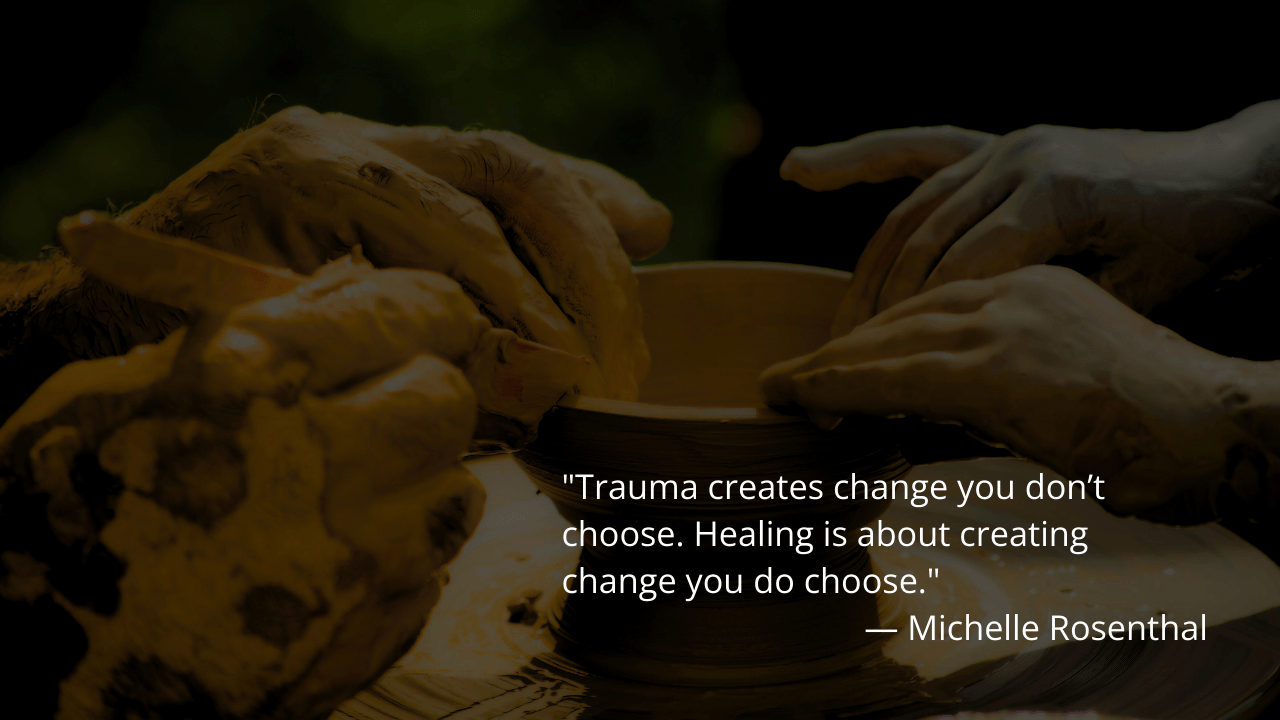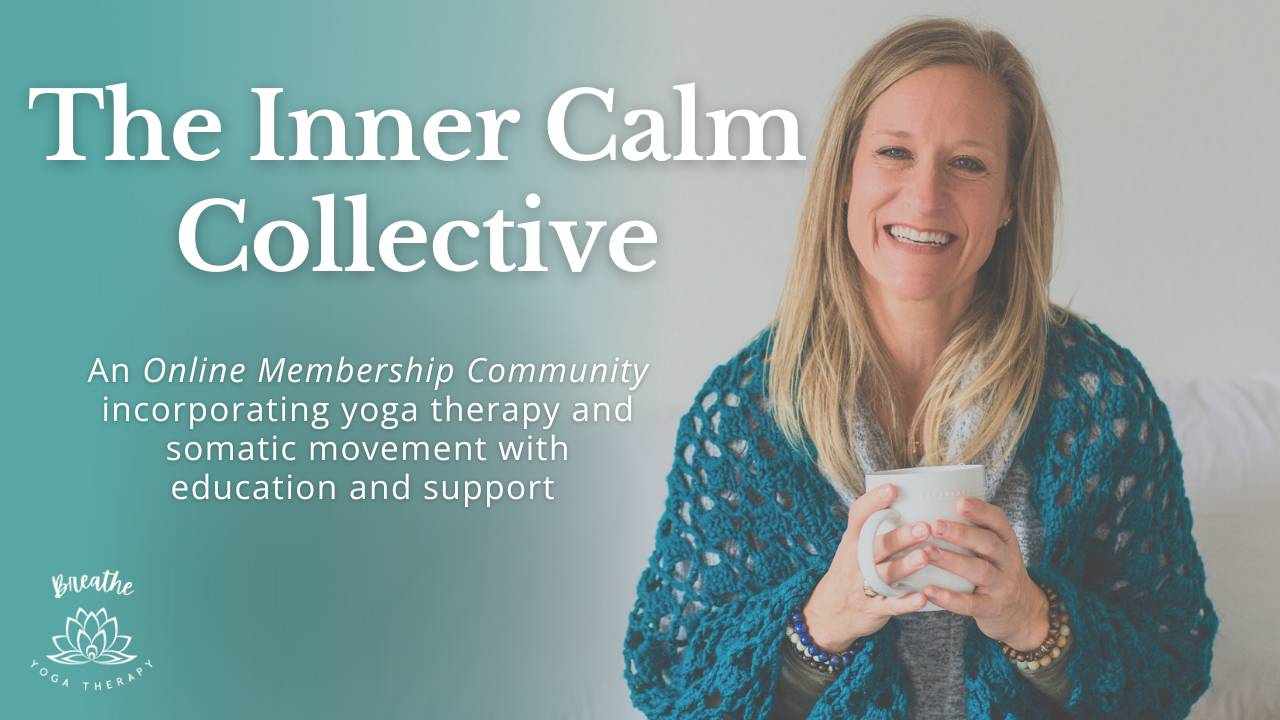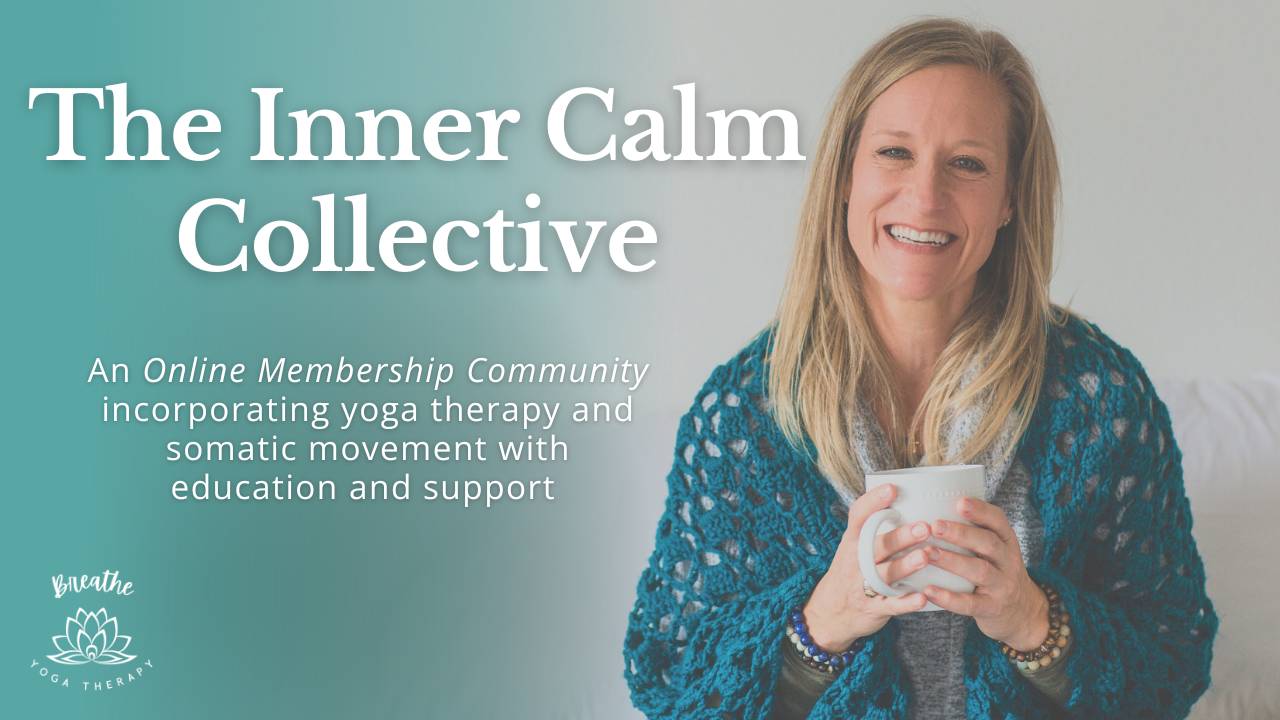The ACE Study: How Childhood Trauma Shapes Your Mental and Physical Health

Have you ever wondered why some people seem to struggle with their health—both mental and physical—while others seem to bounce back from life's challenges with ease? It turns out that our early experiences, particularly those involving trauma, may hold the key to understanding this. The groundbreaking Adverse Childhood Experiences (ACE) Study reveals just how deeply childhood trauma can impact our well-being well into adulthood.
But what exactly is the ACE Study, and how does it connect the dots between early life trauma and the way our bodies and minds function?
What is the ACE Study?
The ACE Study, conducted in the 1990s by the Centers for Disease Control (CDC) and Kaiser Permanente, was one of the first studies to dig deep into the connection between childhood trauma and long-term health. The researchers asked over 17,000 adults about their childhood experiences—focusing on ten types of trauma, like abuse, neglect, and household dysfunction (e.g., parental divorce, substance abuse, or witnessing domestic violence).
From there, each participant received an "ACE score" based on how many of these ten adverse experiences they had before the age of 18. The higher the ACE score, the more likely the person was to have health issues later in life, including things like heart disease, depression, addiction, and even shorter life expectancy.
How Childhood Trauma Affects Mental and Physical Health
The ACE Study uncovered something profound: the trauma you experience as a child doesn’t just fade away as you grow older. Instead, it leaves an imprint on your brain, body, and nervous system—an imprint that can show up in both your mental and physical health decades later.
Here’s what the study found:
- Your Brain and Stress Response
When children grow up in environments filled with stress—whether it’s constant yelling, neglect, or abuse—their brains are forced into survival mode. The fight-or-flight response gets activated too often and for too long. Over time, this can lead to changes in the way the brain develops, particularly in areas responsible for managing emotions, stress, and even memory.
As adults, people with high ACE scores often find themselves more prone to anxiety, depression, PTSD, and emotional dysregulation. Their brains are still responding to life’s challenges as if they were in a constant state of emergency.
- The Body’s Reaction to Chronic Stress
Our bodies aren’t meant to handle constant stress. When the fight-or-flight system is stuck in the “on” position, it sends stress hormones like cortisol coursing through our veins, which can wreak havoc over time.
People with high ACE scores are more likely to develop chronic health conditions like high blood pressure, heart disease, obesity, and autoimmune disorders. The body is so used to being in survival mode that it has a harder time regulating normal functions, like digestion, immune response, and even sleep.
- Coping Mechanisms and Risky Behaviors
When trauma isn’t processed or healed, people often turn to coping mechanisms to numb the emotional pain. The ACE Study found that adults with high ACE scores are more likely to engage in risky behaviors like smoking, overeating, substance abuse, and unsafe sexual practices.
These behaviors might offer temporary relief from emotional pain, but they contribute to long-term health issues and create a cycle of harm. Unfortunately, the more people engage in these behaviors, the more they damage their mental and physical health.
What Does Your ACE Score Mean?
If you're reading this and wondering, What would my ACE score be?—you’re not alone. Many of us have faced childhood trauma in one form or another, but having a high ACE score doesn’t mean you’re doomed to poor health. Instead, it gives you valuable insight into how those early experiences may be affecting you now.
Think of your ACE score as a tool to help you understand your personal story. It doesn’t define you, but it can explain why certain challenges—whether with anxiety, depression, or physical health—might feel particularly hard to overcome.
The Power of Healing: It’s Never Too Late
Here’s the most important part: Your past doesn’t have to dictate your future. While the ACE Study highlights the serious impact of childhood trauma, it also opens the door to hope. Understanding your ACE score is the first step toward healing.
There are countless ways to heal from trauma and its effects, and neuroplasticity—the brain’s ability to change and adapt—plays a big role. Through therapy, mindfulness, body-focused practices like yoga, and emotional processing, it’s possible to rewire your brain and calm your nervous system. It may take time and patience, but healing is entirely possible.
Moving Forward: Self-Compassion and Support
If you’ve experienced childhood trauma and are grappling with its effects, one of the most important things you can do is to approach yourself with compassion. Childhood trauma wasn’t your fault, and its lasting effects don’t make you weak or broken. It simply means you’ve had to survive something hard, and now, you can work on thriving.
Reach out to supportive professionals who specialize in trauma-informed care, whether it’s a therapist, a support group, yoga therapist or other holistic health practitioner. The road to healing isn’t one you have to walk alone.
Final Thoughts
The ACE Study was a game-changer in helping us understand how childhood trauma can shape both mental and physical health. It shows us that while trauma has a lasting impact, it’s not the end of the story. With the right support, self-awareness, and tools for healing, you can take steps toward better mental and physical well-being.
Your ACE score might explain some of the challenges you’ve faced, but it also opens up the possibility for change and growth. Your future is still in your hands.
In my yoga therapy program - Body-Focused Healing for Anxiety: Uncovering and Healing the Root Causes of Chronic Stress - we explore these issues and provide body-based practices and supportive guidance to help you regulate your nervous system, reduce anxiety, and manage chronic stress effectively.
Remember, you’re never alone on this journey—I'm right there with you, using and sharing all the resources I have to navigate through life as gracefully as possible. Are you ready to take the next step in your healing journey? Learn more about this life-changing program and discover how you can transform your relationship with stress and anxiety. Join my interest list to stay connected.

Join Our Free Online Community!
You don’t have to do this alone. Inner Calm Collective is our online membership community where you’ll get expert tips, tools, and insights on healing anxiety, trauma, and building nervous system resilience.
Get the support and guidance you need to ease stress, calm your nervous system, and feel more at home in your body—every single day. Join now and start feeling the difference today!



